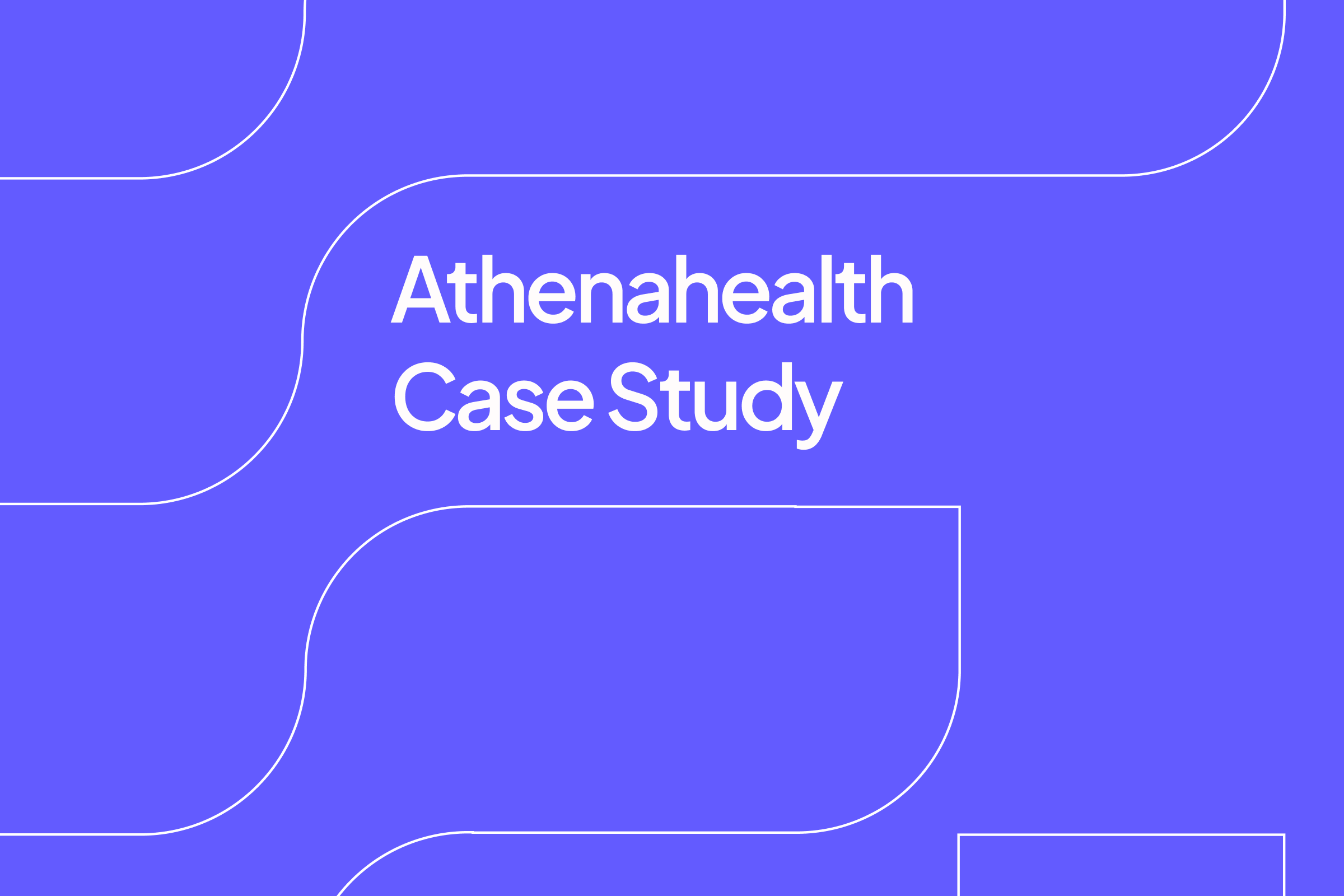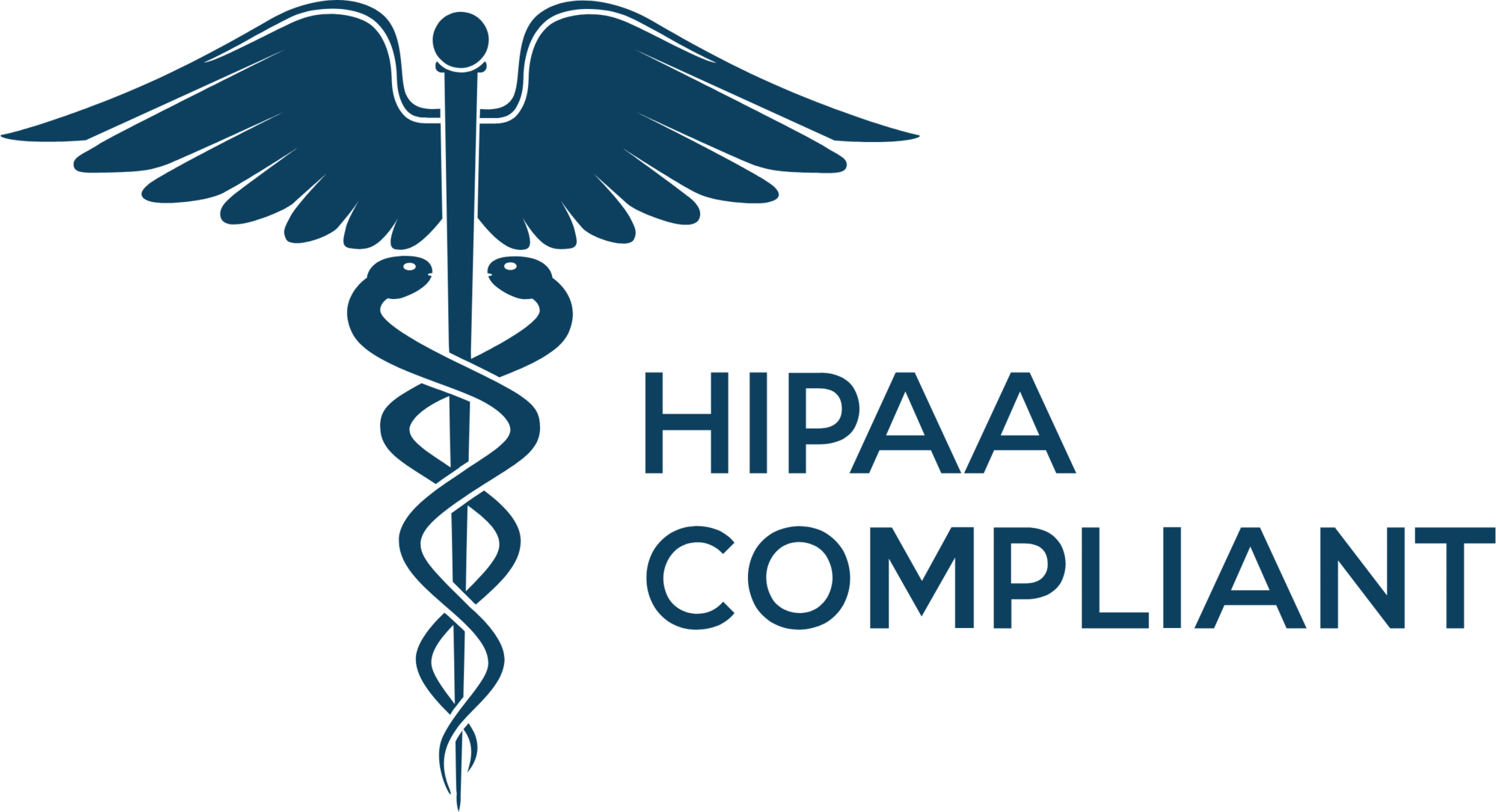
Decoding PR-227 Denials: A Comprehensive Guide for Healthcare RCM Teams
1. What Does PR-227 Claim Denial Mean?
Explaining PR-227 in simple terms
PR-227 indicates that information requested from the patient, insured, or responsible party was either not provided or was insufficient/incomplete. The "PR" prefix signifies that this is a patient responsibility denial, as the missing information needs to be obtained from the patient or responsible party.
Why this denial happens and what it means for your claim
- Required patient information is missing from the claim
- Submitted information is incomplete or insufficient
- Patient or responsible party hasn't responded to information requests
- Documentation provided doesn't meet payer requirements
2. Top Reasons Claims Are Denied (Including PR-227)
Common causes of claim denials
- Incomplete patient demographic information
- Missing or outdated insurance information
- Insufficient documentation of medical history
- Incomplete accident or injury details when required
- Missing signatures or authorizations from patients
How PR-227 compares to other denials
When compared to typical claim denials, PR-227 denials are unique because they specifically relate to missing or incomplete information that must come from the patient or responsible party. Unlike clinical documentation or coding issues that can be resolved internally, these denials require direct patient engagement and response. The resolution process often involves multiple contact attempts and clear communication channels with patients to obtain the necessary information.
3. How Claim Denials Like PR-227 Affect Your Revenue
The financial and operational impact of denied claims
- Delays in payment due to information gathering process
- Increased administrative costs from patient follow-up efforts
- Higher risk of timely filing issues if responses are delayed
- Additional staff time required for patient outreach
Why addressing denials is critical for your practice
Effectively managing PR-227 denials is crucial for maintaining smooth revenue flow and reducing administrative burden. These denials can significantly impact cash flow due to delayed processing while waiting for patient responses. Early identification and proactive information gathering help prevent these denials and maintain efficient claims processing. Additionally, proper handling of these denials can help identify patterns in information collection processes that need improvement.
4. The Key to Reducing PR-227 Denials
Actionable steps to minimize this specific denial
To effectively reduce PR-227 denials, practices must implement comprehensive information collection processes at multiple patient touchpoints. This includes detailed intake procedures, regular information verification processes, and clear protocols for following up on missing information. Teams should develop efficient systems for tracking information requests and responses, and implement automated reminders for both staff and patients when information is needed.
Best practices for improving claim accuracy
Success in preventing PR-227 denials requires a systematic approach to patient information collection and verification. Practices should develop comprehensive intake forms that capture all commonly required information, implement regular verification processes, and establish clear protocols for identifying and requesting missing information before claim submission. Regular staff training on information requirements and verification procedures helps ensure consistent collection practices. Additionally, establishing clear patient communication protocols helps maintain efficient information gathering processes.
5. How Ember Can Help
Spot Claim Denials Before They Happen
- Predictive analytics flag high-risk claims automatically
- Alerts notify staff about missing authorizations
- Network status checks ensure compliance.
- Real-time eligibility verification avoids surprises later
Turning Denials Into Opportunities
Ember doesn’t just help resolve denials—it helps you learn from them. By analyzing patterns in denial data, you can identify recurring issues and improve processes. This ensures:
- Better understanding of claim requirements
- Improve staff training and workflows
- Fewer denials overtime, with actionable insights to make smarter decisions
Turning challenges into opportunities leads to stronger performance and fewer claims falling through the cracks.
Making the process easier, faster, and more efficient
Ember improves every step of the denial management process by automating tasks such as eligibility checks and verification. With Ember, you can:
- Save time by reducing manual work.
- Provide staff with clear alerts and next steps for resolution.
- Ensure a faster and more reliable claim submission process.
Ember Copilot helps reduce the effort required, lowers denial rates, and boosts overall efficiency for your team.
Lynn Hsing is a recognized leader in healthcare marketing. Having worked closely with health systems and providers, Lynn brings a nuanced understanding of the challenges they face — from administrative burden and claim denials to reimbursement delays and staff shortages. This firsthand insight has shaped Lynn’s ability to translate complex AI solutions into meaningful value for healthcare organizations.








